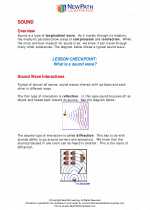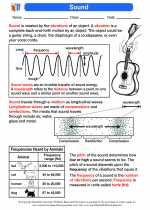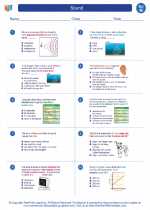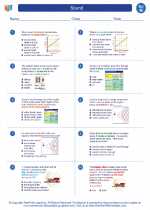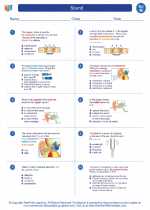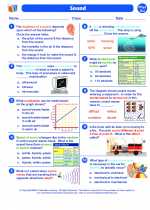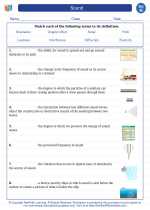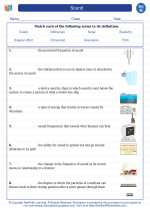Weather Forecasting
Weather forecasting is the process of predicting the state of the atmosphere at a specific location and time. It involves analyzing current weather data, using scientific principles and models to make predictions, and communicating those predictions to the public.
Factors Affecting Weather
Weather is influenced by a variety of factors, including:
Tools and Techniques
Weather forecasters use a range of tools and techniques to gather and analyze data, including:
- Weather satellites
- Radar systems
- Weather stations
- Computer models
- Weather balloons
- Historical data
Forecasting Methods
There are several methods used for weather forecasting, including:
- Numerical weather prediction, which involves using mathematical models to simulate the atmosphere and make predictions
- Statistical forecasting, which involves analyzing historical weather data to make predictions
- Dynamic forecasting, which involves studying the movement of weather systems and using that information to make predictions
- Helping people plan their activities and travel
- Assisting in agricultural planning and crop management
- Providing early warnings for severe weather events
- Supporting energy and resource management
- Informing decision-making in aviation and maritime industries
- Understand the basic principles of meteorology, including the factors that influence weather
- Learn about the different tools and techniques used in weather forecasting, and how they work
- Explore the various methods of weather forecasting and their strengths and limitations
- Stay updated on current weather events and compare actual weather outcomes to forecasted predictions
- Practice interpreting weather data and making simple forecasts based on your observations
Importance of Weather Forecasting
Accurate weather forecasting is important for a variety of reasons, including:
Study Tips
To study weather forecasting effectively, consider the following tips:
